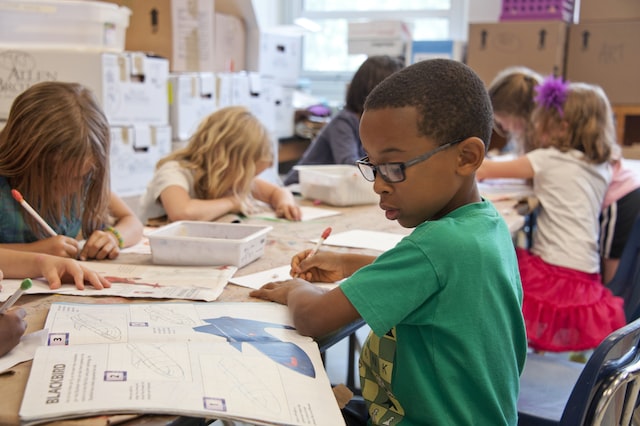How Personalized Learning are Transforming the LMS Portal Process
Personalized learning is becoming an increasingly popular approach to education due to its ability to tailor instruction to meet the individual needs of each student. Many schools have adopted school learning management system (LMS) portals that can provide personalized experiences for their students and make instruction more engaging. This shift towards personalized teaching has had a major impact on how these platforms are used in classrooms today.
In the past, many LMS portals were designed with a “one-size-fits-all” approach, offering limited customization options for both teachers and students. As technology has advanced, however, these platforms have become more sophisticated and now offer powerful personalization capabilities that can help make learning more effective and enjoyable.
One way that LMS portals are being transformed by personalized learning is through the use of adaptive learning systems. These systems analyze student data such as grades or test scores and then recommend coursework or supplemental material tailored specifically to their current ability level. This allows students to advance at their own pace rather than having to keep up with their peers – giving them the best possible chance of success in any given subject.
Another way that personalized learning is transforming LMS portals is through increased collaboration between educators across multiple classrooms or schools. With many modern platforms offering tools for remote sharing and syncing, teachers can easily access resources no matter where they are or who’s using it – enabling them to create lesson plans together regardless of physical distance from one another. This makes it easier for instructional teams to coordinate lessons without having to worry about inconsistencies in instruction as students move from one teacher’s classroom to another within a school district.
Finally, mobile support for these platforms has also been improved significantly over time thanks in part to the rise of personalized learning strategies in K-12 education today. Many modern LMS portals now offer mobile-friendly features so teachers can continue instructing their students while away from school grounds or even outside of traditional classroom hours if necessary – all while students still get access to up-to-date resources no matter where they happen to be located at any given time.
It’s clear that personalized learning strategies implemented through innovative LMS portal technologies offer tremendous potential when it comes to improving student outcomes in modern educational settings today – paving the way forward into an exciting new era of digital teaching and learning practices worldwide moving forward into tomorrow’s century classroom environments everywhere
